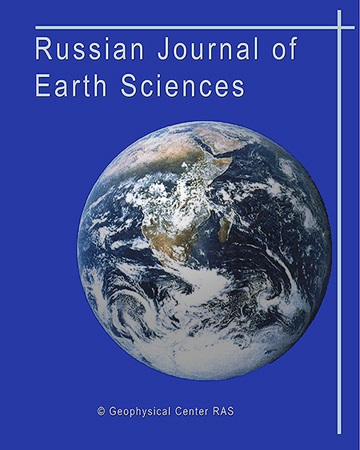The continent-ocean transition zone has various exogenous and endogenous processes that reflect the geodynamic ecological function of lithosphere. The East Kamchatka suffers the earthquakes with MSK-64 over 9 points. Petropavlovsk-Kamchatsky is in zone of 9.5 points. The area of strong earthquakes included the Hailinskoye 1991 the Olyotorskoye 2006 events with both magnitudes 7.1 that caused the area broadening. We suggest their tectonic position valuation in the block-mass-key a piano-like structure in the earth crust in concept of the continent active margin. This structure was formed by the system of the northwestern 320-330o lateral deep faults. They are located logically and cross Kamchatka, Okhotskoye sea, Okhotsko-Chukotskiy volcanogenic belt and appear on the continent as linear 45o faults. In Koryak-Kamchatkan region they appear each 75-160nbsp;km. They are between-blocks and stretch to the northwest for hundred of kilometers, divide the crust into blocks with vertical movements in different directions and have rather mobile southeastern ends in a transition zone between an ocean and a continent. Peninsulas represent the rising ends of blocks and the coastal gulfs represent the lowering ends of blocks. The scheme was determined from the south Japan to cape Dezhnyov. The both earthquakes occurred in the Vyvenka river-valley. Its northern valley side is a part of the Vyvenskiy deep northeastern fault and it is 12-20nbsp;km wide. The river-valley is represented by a depression. Its depth on a surface of Upper-Cretaceous basal complex is 3nbsp;km and in the Crystal basal complex comprises over 10nbsp;km. The length of the depression increases with the depth! The depression is located in the central part of a lowering block within Olyutorskiy gulf and is divided by lateral between-block faults: Paren'-Talovsko-Tilichkisky and Omolon-Kamensko-Olyutorsky. Along with the Vyvenskiy fault they "cut'' from a mobile end of margin crust a "key'' and that "key'' splits off from the continent and "slides'' into the ocean. Such a mechanism explains the earthquakes on the rest part of Chukotsky belt and supposes that the southeastern part of Koryakskiy highland may suffer the evolution of seismicity. It explains the presence also the gaps and zones of strong earthquakes for the Kurile-Kamchatkan island arc. They meet the width of a distance between the linear between-block faults. The zones of the major earthquakes and aftershocks near Kronotsky and Ozyorny peninsulas, Kunashir, Iturup and south Hokkaido islands justify this statement.
seismisity, tectonics, continental crust, Chukchi seismic belt.
1. Kravchenko, State Geologic Map of the Russian Federation, Scale 1:200,000, Series Olyutorskaya. Sheet R-58xXXV, 0-58-V, Tilichiki, 2002.
2. Kravchenko, State Geologic Map of the Russian Federation, Scale 1:200,000, Second edition, Koryak Series, Sheet R-58-XXIX Khailino, 2000.
3. Lander, Geodynamics and Earthquake Prediction, Computational Seismology, no. 29, 1991.
4. Litvinov, Map of Mineral Deposits in the Kamchatka Region, Scale 1:500,000, 1999.
5. Lobkovskii, Geodynamics of Spreading and Subduction Zones and the Two-Storied Plate Tectonics, 1988.
6. Moroz, Sov. Geol., no. 5, 1987.
7. Shafranovskii, Symmetry in Geology, 1975.
8. Yarotskii, Geodynamics of Volcanic and Geothermic Process, 1974.
9. Yarotskii, Deep Structure, Magmatism, and Metallogeny of the Pacific Volcanic Belts, 1976.
10. Yarotskii, Geological Survey and Mineral Base of Russia on the Threshold of the XXI century, Proceedings, vol. III, 2000.














